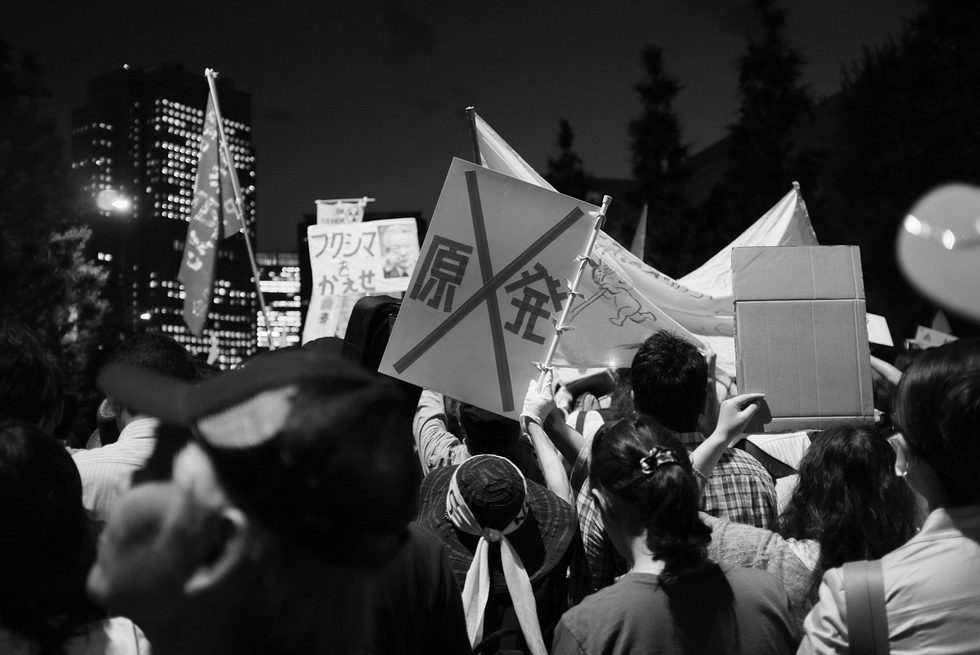Disaster Continues
From the Series: 3.11 Politics in Disaster Japan: Ten Years Later
From the Series: 3.11 Politics in Disaster Japan: Ten Years Later

A decade has passed since the wake of the Fukushima nuclear accident. While the disaster continues with radio-contamination permeating beyond the border of Japan, it has been obscured in the media spectacle overloading numerous troubles, especially the COVID-19 pandemic. But in fact, we are no longer living “one disaster after another” but a synergy of increasing disasters (or violences), as the capitalist state mode of development persists in exploiting the planetary body. While the effects of radiation are ungraspable in terms of their spatial expanse and temporal endurance, those of the pandemic are immediate over our individual bodies and social relations. Both have destroyed the fundamental premises for our existence in distinctive manners: while the former unsettles our relationship with the land, the latter poisons our corporeal exchanges. Notwithstanding these consequences, capitalist nation states would refuse to give up the root cause of all, namely, their endless contestation.
The Japanese government has since restarted nine reactors in five power plants, while unable to contain radioactive wastes in secure facilities within its territory. What an absurdity! It conceives of the desperate measure to release the radio-contaminated water into the Pacific Ocean. We have not seen global opposition yet, except for protests by Japan’s national association of fisheries and some citizens’ groups. This is a historic moment that announces the death of the authenticity of global order constituted by capitalist nation states. The prioritization of national interest has begun to extinguish earthly commons. Now all commons—both positive and negative—must be treated by a planetary coordination. But we don’t know how. In this dark prospect, the only hopeful sign may be the rise of enraged children—Greta Thunberg and others—whose planetary subjectivation could be the only power that overcomes the retrogressive subjectivity of adults that governs nations of the world.
Read Sabu Kohso’s essay “The Age of Meta/Physical Struggle,” published July 26, 2011.